NEW GLOUCESTER — Brother Arnold Hadd took the opportunity on Maine’s annual celebration of farming Sunday to lead hundreds of visitors on a tour of Sabbathday Lake Shaker Village, explaining its history and present-day operations on the farm founded in 1783.
Hadd explained the various work that takes place, including caring for 69 sheep, which are raised for their wool. Hadd called out the names of the sheep – including Two Spot and Annie – who let visitors pet them as Hadd gave his presentation.
“The farm really is in one sense unchanged,” Hadd said. “It’s been mechanized a lot since the 1700s, but in many ways the land is used the same way.”
More than 100 farms across the state participated in Open Farm Day on Sunday, a day set aside once a year to showcase the importance of agriculture in Maine.
Hadd is an elder for the Shakers, a Christian sect whose adherents lead a celibate lifestyle, embrace a pacifist worldview and pray at least twice daily. The Shakers originally formed in England in 1747, but left to settle in what was then the American colonies in 1774, not long before the first shots of the American Revolution were fired in 1775 in Lexington, Massachusetts. Shaker settlements had been established in New England, New York, Ohio, Kentucky and other places by the 1800s.
With only two current members, Hadd and Sister June Carpenter, Sabbathday Lake is the only active Shaker community in the world, according to the village’s website.
Unlike other Christian sects, such as the Amish, the Shakers do not denounce modern technology. In addition to raising sheep and four cows, the Shaker Village farm produces herbs, vegetables, apples, honey and beeswax candles.
Historic buildings dot the landscape at the village in New Gloucester, many constructed from the 1830s to 1850s, including homes for adopted boys and girls who would work the farm and attend school. Some of the buildings are brick, others simple wood structures. The oldest building is a five-bay ox barn built in the 1770s, predating Shaker Village, but built by Gowen Wilson, who later helped found Sabbathday Lake. The barn is now used for storage.
Another ox barn, built in the 1830s, became structurally unsound, so the Shakers have embarked on a $1.3 million project to restore it.
“We’re going to restore as much of it as we can, so it can go another 200 years,” said Aaron Sturgis, owner of Preservation Timber Framing of Berwick. Sturgis said 80% to 90% of the wood from the original building – Eastern white pine and hemlock – can be re-used in the restoration.
A bluegrass band played in a common area in between buildings, and stores sold items made at the farm, including candles, herbs and pickles.
The second floor of the Boys’ Shop, a former residence for the adopted boys, has been turned into a museum exhibit showing how the boys and girls lived during the 1800s.
Volunteer Diantha Grant, who lives in a house on Sabbathday Lake, said she grew up near the Shakers, and in recent years has worked for or volunteered at the farm.
“It’s so unique, and this is such a special place,” Grant said. “It’s still a working farm, and we still have Shakers living here.”
Ethan Pomerance and Tina Tyrell, a married couple from New York City visiting the farm with their 6-year-old daughter, Prima Pomerance, said they enjoyed the tour, and spent the morning attending a Shaker worship service before going to the farm in the afternoon. The farm is authentic, they said.
“It doesn’t feel like this is cut off from the world. It feels like it’s very connected to the community,” Tyrell said.
Copy the Story LinkSend questions/comments to the editors.


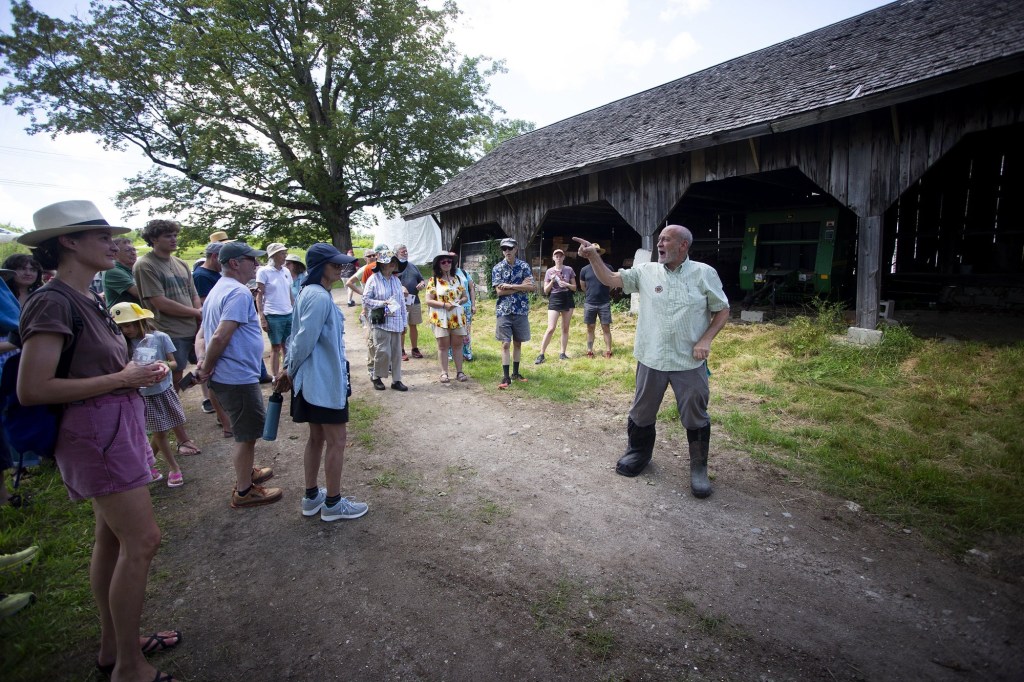
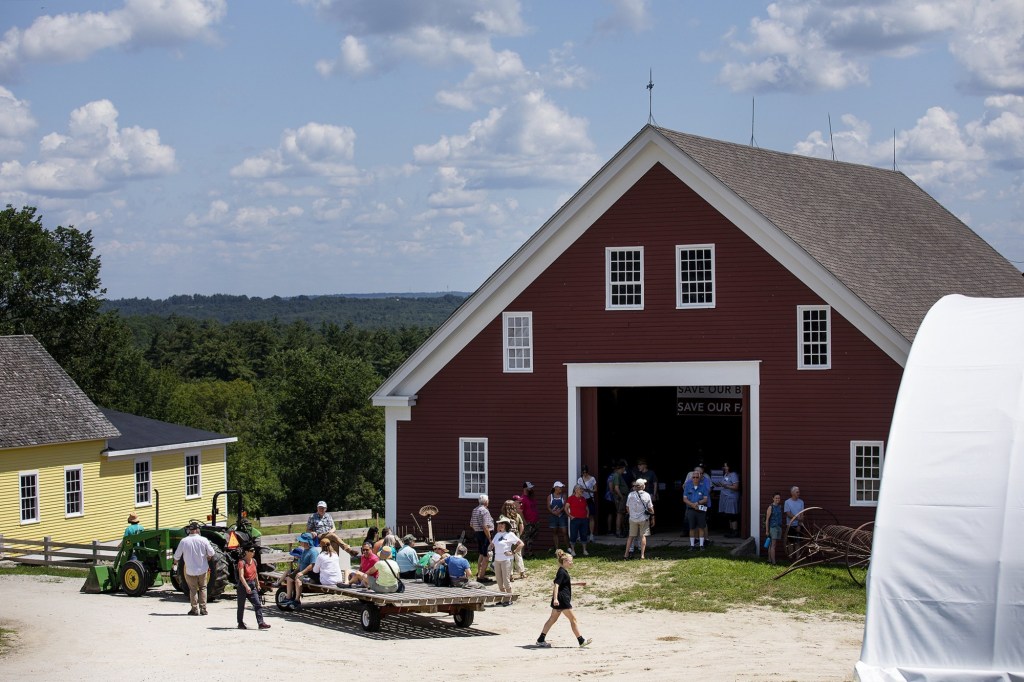
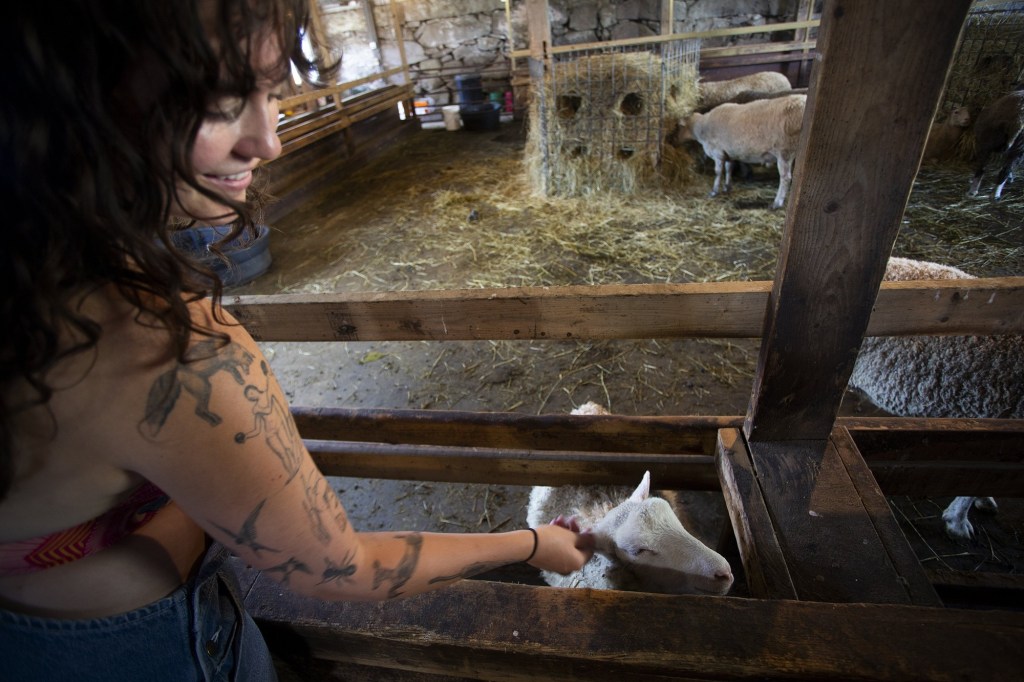
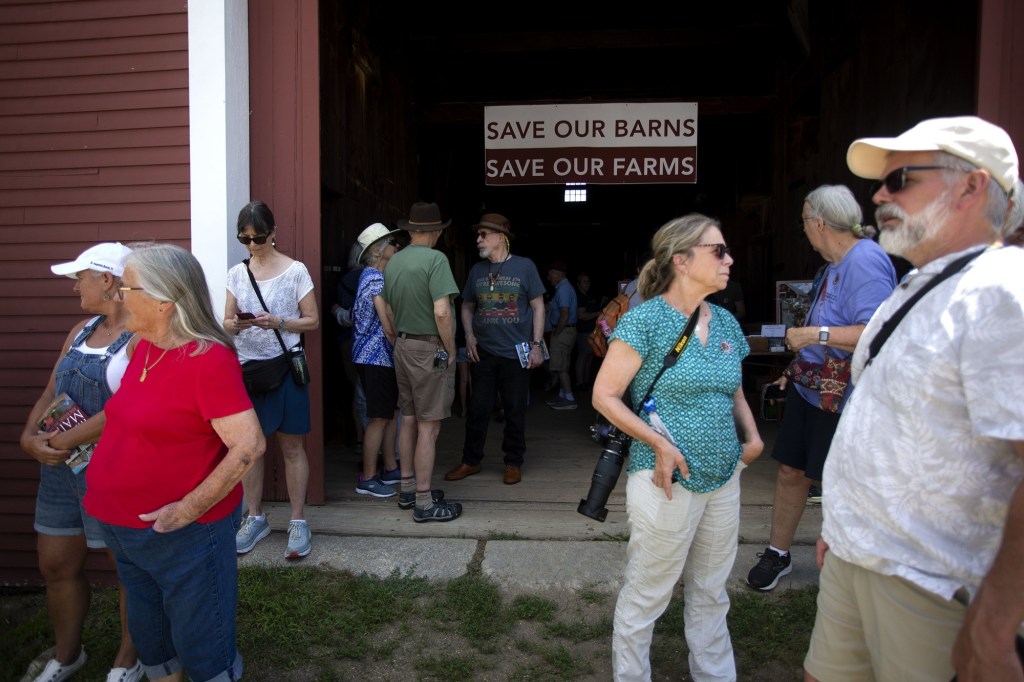
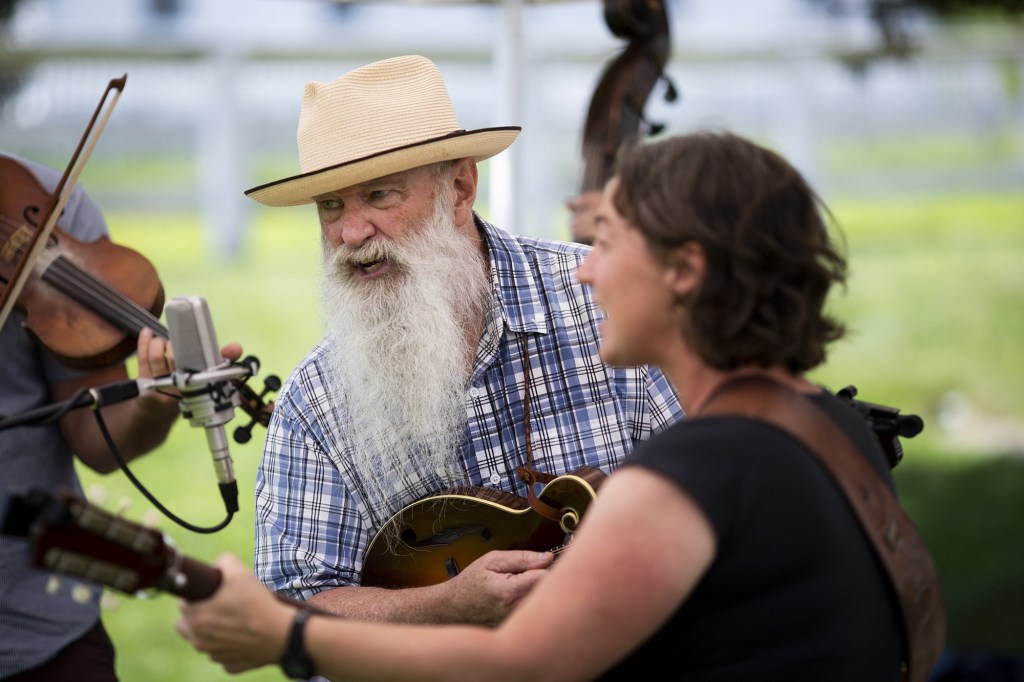
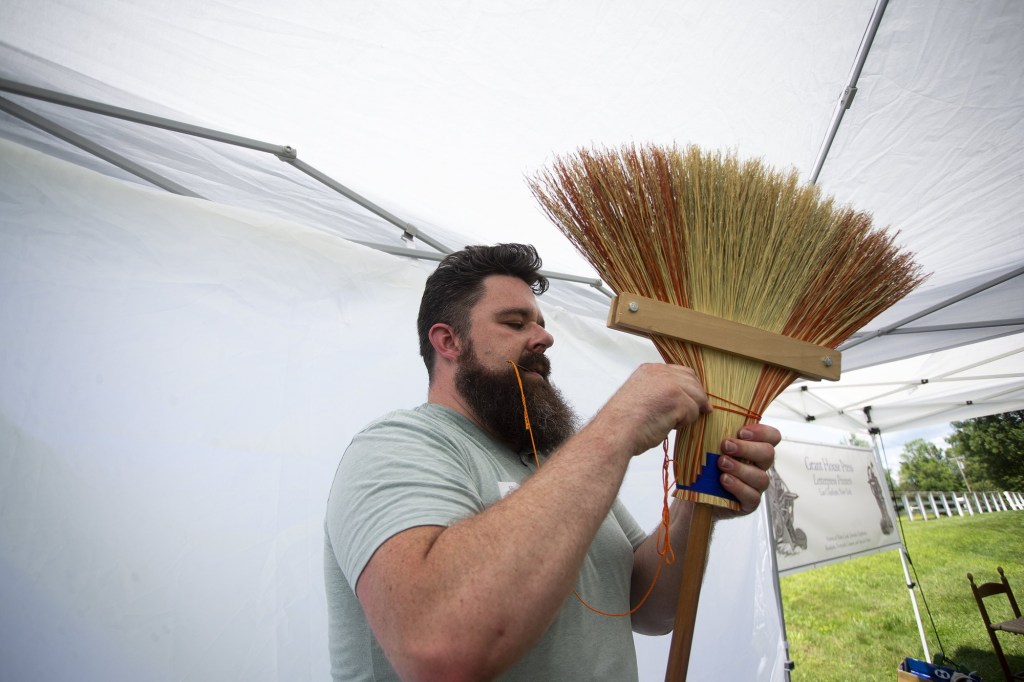
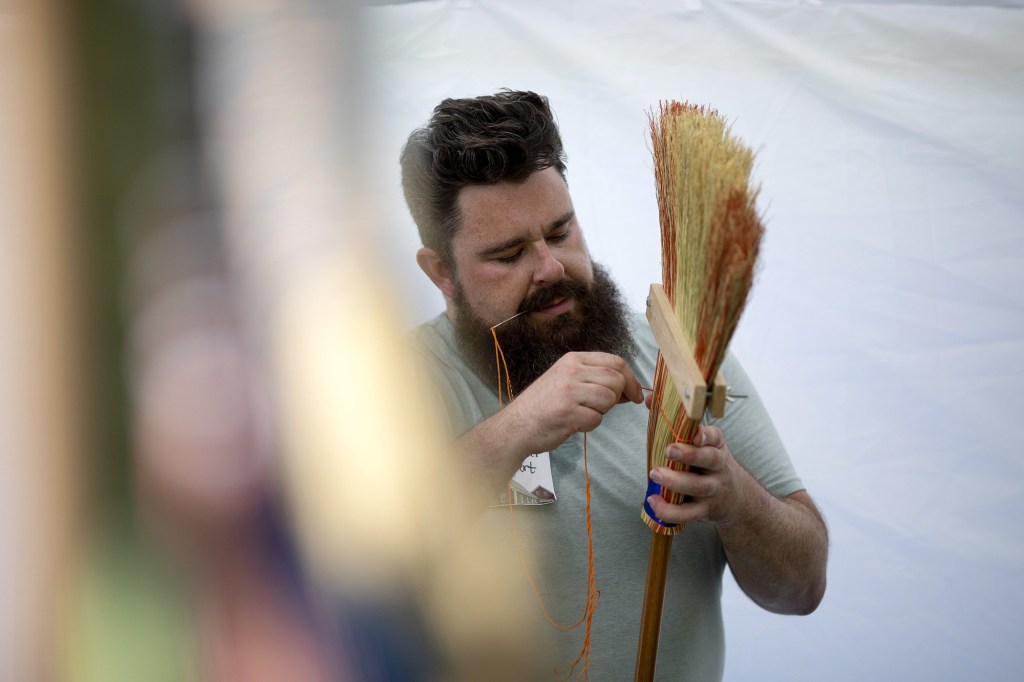
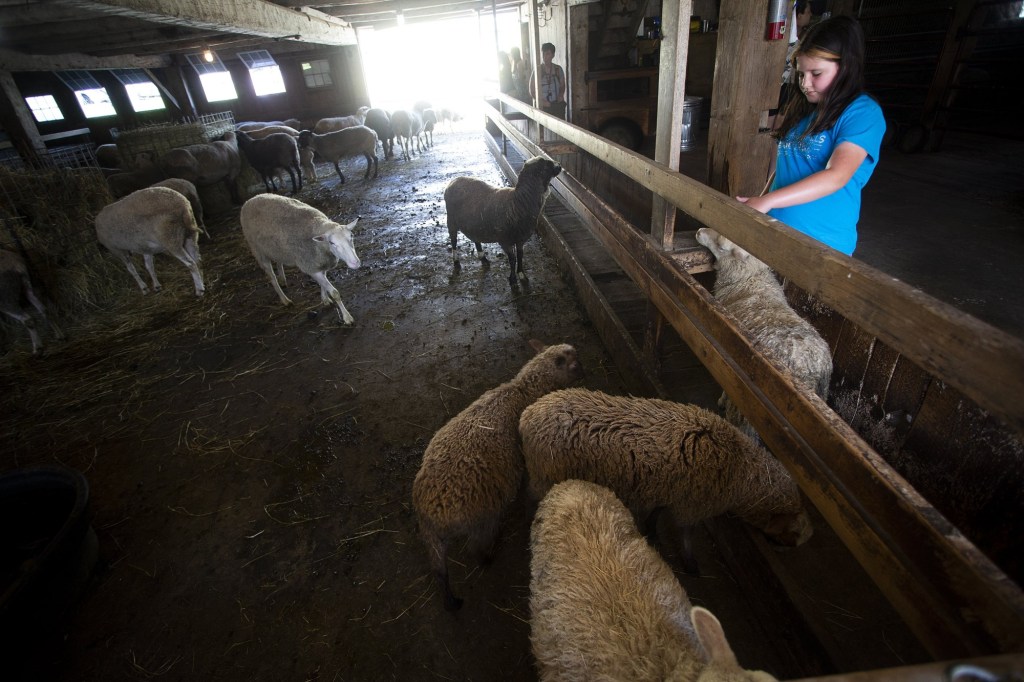
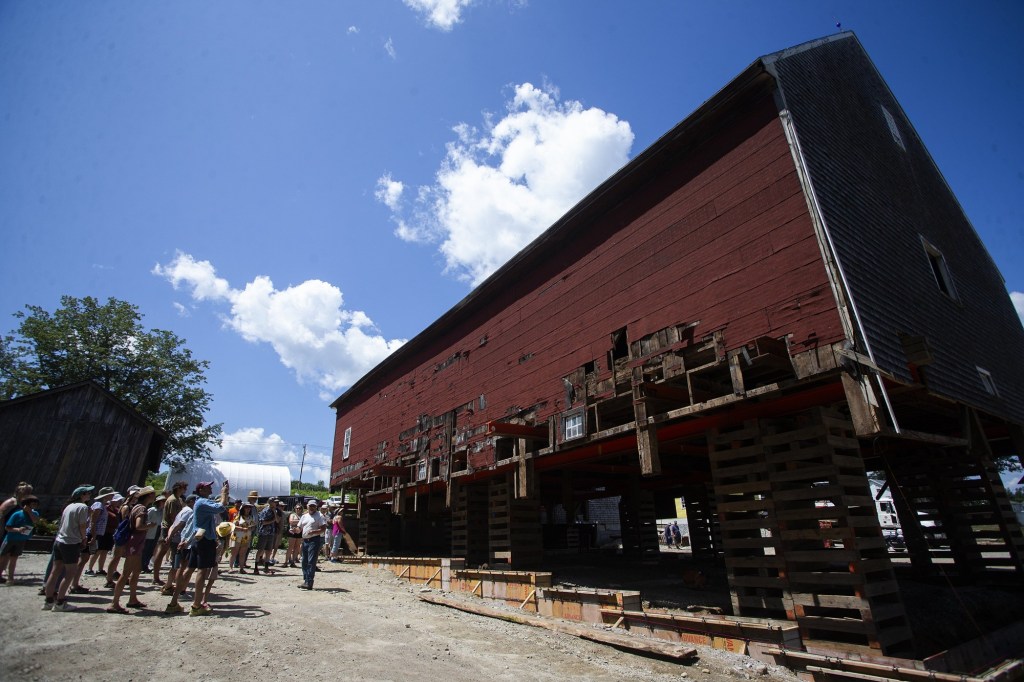
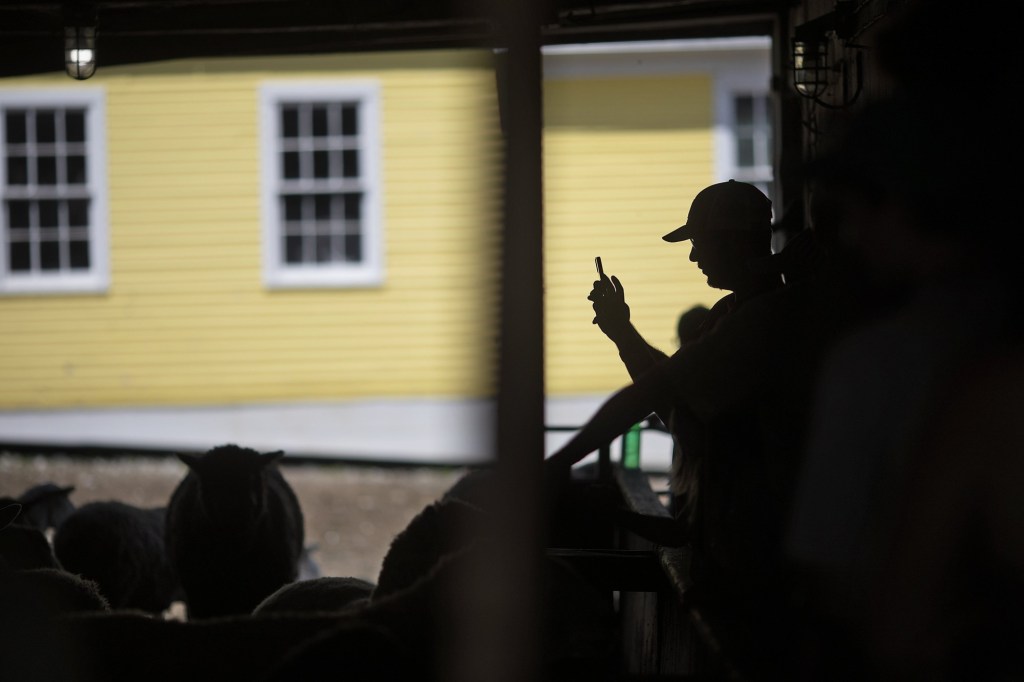

Success. Please wait for the page to reload. If the page does not reload within 5 seconds, please refresh the page.
Enter your email and password to access comments.
Hi, to comment on stories you must . This profile is in addition to your subscription and website login.
Already have a commenting profile? .
Invalid username/password.
Please check your email to confirm and complete your registration.
Only subscribers are eligible to post comments. Please subscribe or login first for digital access. Here’s why.
Use the form below to reset your password. When you've submitted your account email, we will send an email with a reset code.